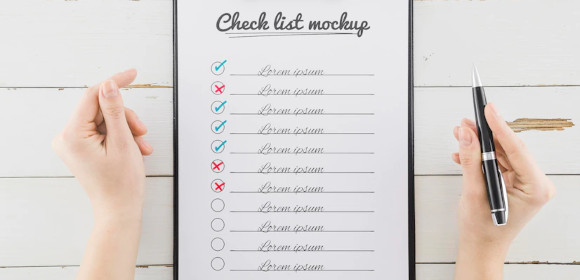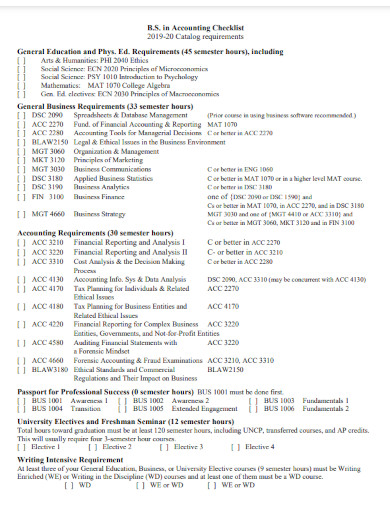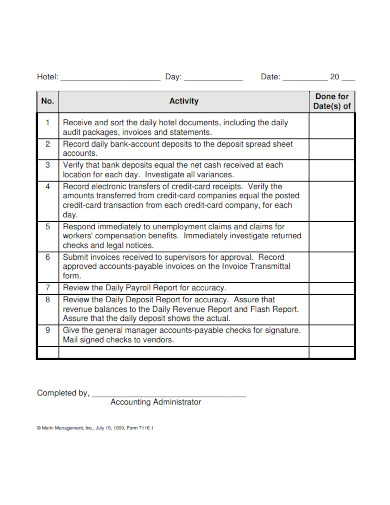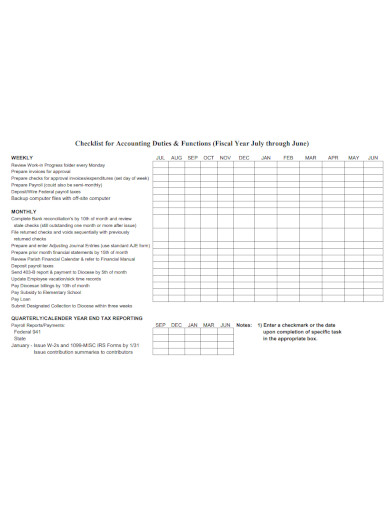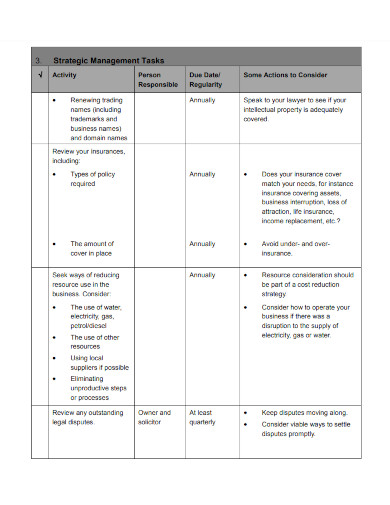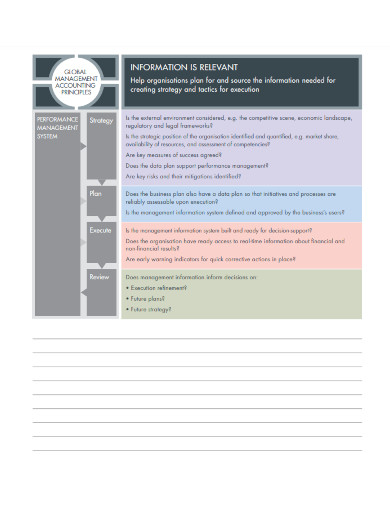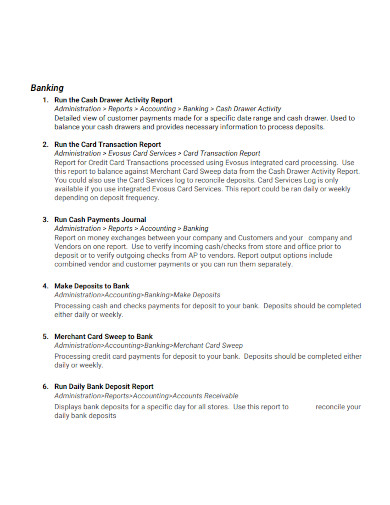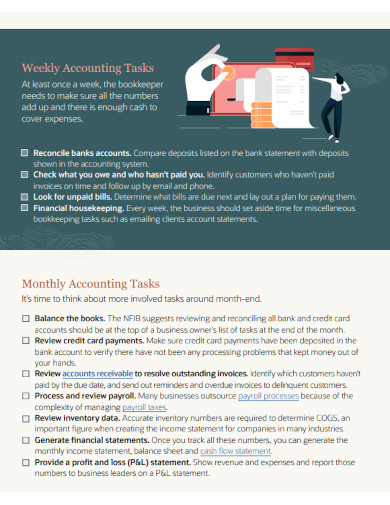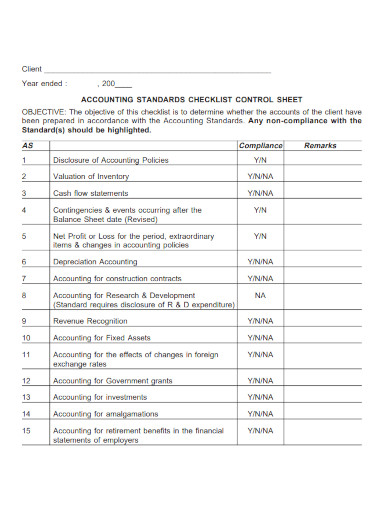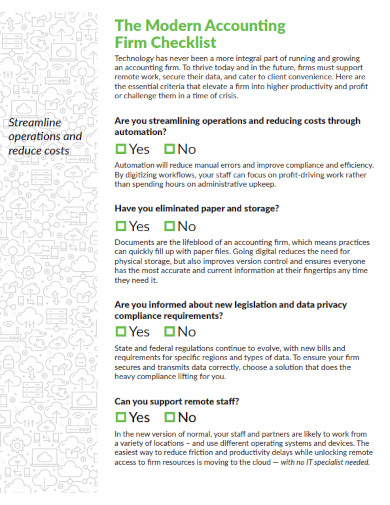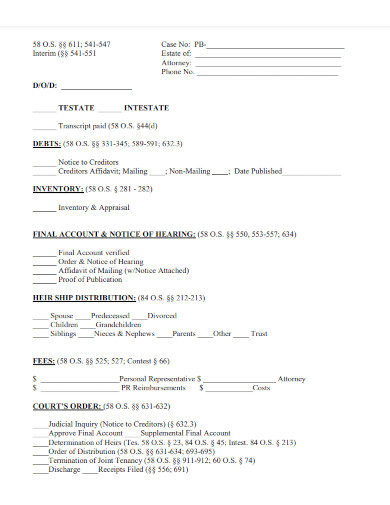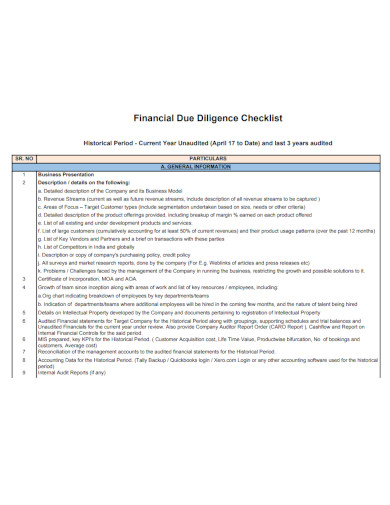When small business owners are occupied working and serving clients, they often put off accounting tasks, but during audit period, they’ll probably spend hours every day striving to identify and solve accounting or inventory irregularities. Creating a daily schedule for accounting duties might help your company’s books become more accurate and efficient. If you’re like most business owners, you’re likely balancing end-of-year accounting procedures alongside increased traffic, sales, and payroll obligations. Rather than scrambling (or forgetting) to finish your year-end accounting processes, utilize a year-end accounting checklist to keep track of everything.
11+ Accounting Checklist Samples
Accounting should be done on a regular basis by small enterprises. The accuracy and efficiency of your bookkeeping will increase if you establish a routine for your accounting. Theft and loss of merchandise can be reduced by keeping track of inventories in a methodical manner. Your small business’s financial statements are its lifeline. They provide you with an overview of your company’s financial situation. Statements also allow you to see previous and current financials, allowing you to forecast and plan for your company’s financial future. This essay is aimed at small business owners who desire to improve their accounting practices.
1. Accounting Checklist Example
2. Accounting Daily Checklist
3. Checklist Accounting Duties & Functions
4. Small Business Good Practice Checklist
5. Diagnostic Accounting Checklist
6. Recommended Accounting Checklist
7. Accounting Checklist for Small Business
8. Checklist for Accounting Standards
9. Accounting Firm Technology Checklist
10. Final Settlement Accounting Checklist
11. Financial Accounting Diligence Checklist
Daily Accounting Tasks
Creating a daily schedule for accounting duties might help your company’s books become more accurate and efficient. Here are some daily things that you should try to complete:
Update your financial data
Your accounting software should, in theory, automatically connect your bank and credit card feeds, as well as sales information from your POS system. You’ll have to do it manually if it doesn’t. This provides you with an up-to-date view of your accounts, displaying the money flowing in and out of your company. It’s critical to do this every day because anomalies with recent transactions are simpler to discover.
Reconcile cash and receipts
Cash shortage or overage fees can be readily discovered by reconciling cash and receipts at the end of each day, allowing you to figure out where the money went and spot inaccuracies or theft. This is also important for building controls and transparency in your organization, which can fall apart if not addressed on a daily basis.
Review and reconcile transactions
No need to wait for your regular financial statements if your accounting software is linked to your bank and synced daily. Many accounting software programs make reconciliation easier by recommending matches, which you can then examine and accept. It’s simple to spend a little time on this work each day, and it removes a dreaded month-end chore. It’s also a good idea to browse through your pending transactions and look for any errors or anomalies so you can explore any potential problems right away.
Record and categorize expenses
Many accounting software products have apps for reporting expenses and uploading receipts, making it simple to take care of them right away. Instead of sorting through a stack of invoices at the end of the month, take a photo of the receipt and take note of the specifics.
Record inventory received
Adding goods to your system the same day it arrives keeps your system up to date, providing you a more accurate representation of your inventory. If you don’t do this, your employees risk losing sales by telling clients that an item is out of stock when it simply hasn’t been inputted. If your software isn’t set up to handle negative stock count, restocking may be delayed if your employee sells out of an item. Keeping track of items on a daily basis also helps to prevent theft and loss. It’s a crucial control measure.
FAQs
What is an example of an accounting task?
Billing clients on a regular basis encourages them to pay you on time. The product or service you gave is still fresh in their thoughts, and it’s easier to discuss any discrepancies with the bill now rather than a month later. The longer you delay to bill your client, the longer it will take for you to receive payment.
How do you prepare year-end financial statements?
It is critical to evaluate the company’s yearly financial success and present financial health near the end of the year. Prepare statements such as the profit and loss statement, cash flow statement, and balance sheet to ascertain this. These claims are based on the records kept during the year, and their accuracy is dependent on the integrity of those records. Looking at the quality of your company’s health and productivity is crucial for future planning and strategizing, so be sure the information presented is correct.
If you want to see more samples and formats, check out some accounting checklist samples and templates provided in the article for your reference.
Related Posts
FREE 18+ Complaint Checklist Samples in MS Word | Google Sheets | PDF
FREE 18+ Internship Checklist Samples in MS Word | Google Docs | PDF
FREE 18+ Statement Checklist Samples in MS Word | Google Sheets | PDF
FREE 20+ Voluntary Checklist Samples in MS Word | Google Sheets | PDF
FREE 18+ Summary Checklist Samples in MS Word | Google Sheets | PDF
FREE 14+ Sponsorship Checklist Samples in MS Word | MS Excel | PDF
FREE 18+ Conference Checklist Samples in MS Word | Google Sheets | PDF
FREE 17+ Lesson Checklist Samples in MS Word | Google Sheets | PDF
FREE 18+ Progress Checklist Samples in MS Word | Google Docs | PDF
FREE 18+ Enrollment Checklist Samples in MS Word | Google Docs | PDF
FREE 18+ Graduation Checklist Samples in MS Word | Google Sheets | PDF
FREE 15+ Consent Checklist Samples in MS Word | Google Sheets | PDF
FREE 18+ Review Checklist Samples in MS Word | Apple Pages | PDF
FREE 18+ Submission Checklist Samples in MS Word | Google Docs | PDF
FREE 18+ Request Checklist Samples in MS Word | MS Excel | PDF
